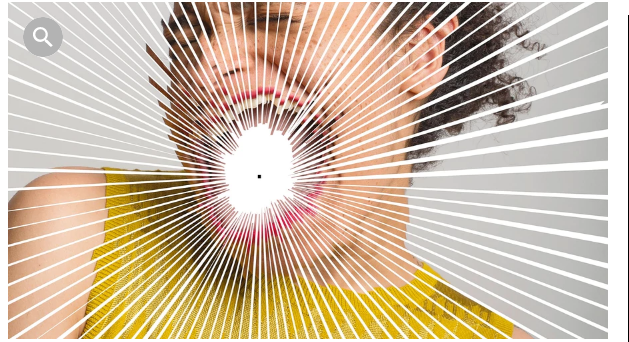
If you have misophonia, you may find that you feel tired a lot. I’m not saying that you are “tired” of having misophonia. That’s a given. I am talking about something else…physical fatigue.
I have often wondered if I was the only person with misophonia who feels physically fatigued much of the time, or if others felt this way too. While it would certainly be better to conduct a study about this, I decided to collect some anecdotal information to start with. So, I began asking others with misophonia how they felt in terms of their physical energy.
I was not surprised to find that many other people with misophonia feel fatigued much of the time. In addition, like me, people with misophonia often feel as though they are “up and down” throughout the day. That is, people with misophonia feel awake when they should be asleep and asleep when they should be awake, and seem to vacillate between surges in energy and lapses in energy throughout the day.
Even though the research in misophonia is in it’s infancy, recent studies (e.g. Kumar, et al.) demonstrate that it is very much brain-based. In addition, other studies (e.g. Edelstein et al., Schroder et al) reveal that people with misophonia experience autonomic nervous system arousal upon exposure to trigger sounds.
What does it mean to experience autonomic nervous system arousal?
The autonomic nervous system (ANS) controls many organs and muscles within the body, unconsciously, without thought or effort. Within the ANS, the sympathetic nervous system’s function is to prepare the body to deal with a threatening situation by either “fighting” the danger or “fleeing” from it. When this reaction is triggered, the body is flooded with hormones that give a boost of energy. When the sympathetic nervous system is aroused we may feel an increase in heart rate, and we might notice our palms are sweaty. How the body attempts to combat this reaction (in order to return to a calm state) also involves the ANS. The para-sympathetic nervous system, the other important part of the ANS, puts on the brakes so that the body can relax back into a calm state.
This means that periodically throughout the day, every day, a person with misophonia experiences physiological “ups and downs”.
Put simply, this is exhausting!
The misophonic response taxes the body physically as well as emotionally. In terms of emotion however, it is important to remember that an emotion is an elusive term and it is very difficult to pin down how emotions are formed in the brain.
However, with misophonia it is apparent that continual accelerations of the body’s stress response are terribly draining to the individual.
What can I do about this?
Take small breaks throughout the day whenever you can. This sounds almost trite. However, it is incredible what small breaks can do for someone who is overloaded by auditory stimuli. Finding a place in which you can escape from the sounds that you over-respond to brings the body back to a calm state (or homeostasis). All sensory information is cumulative. That means that the feeling of “overload” adds up. You might notice that you feel worse at the end of the day than you did at the beginning of the day. Similarly, you may wonder why your child “is fine at school and then comes home and falls apart”. This again, is the cumulative effect of auditory stimuli accelerating the nervous system, causing continual stress on the system.
Exercise. While exercise may be the last thing a tired person wants to do, it is very import for someone with misophonia to try. Why would exercise help someone with misophonia? This may seem like an odd connection. However, certain kinds of exercise can bring in the parasympathetic system, which turns down the stress response. The exercises that are useful are those that are either “weight bearing” or include some form of resistance (Pilates, using resistance bands while exercising, etc.). While this doesn’t help you directly in the moments you experience misophonia reactivity, this will bring down your overall nervous system arousal. This way, you are at least starting at a lower level and may find that your system is a bit less sensitive to sounds. And, as I always say, a little goes a long way with misophonia.
Give yourself (or your child, or loved one) a break! If you or your misophonic child feels tired, know that this doesn’t reflect a weakness or a personality flaw. This is not laziness, either! The body and mind are truly over-taxed because of misophonia and this causes fatigue. A person with misophonia may need a little extra sleep than others, and may need the small breaks mentioned above.
Misophonia Treatment Institute offers new treatments that can provide relief from the symptoms of Misophonia which are very effective for many people. Visit MisophoniaTreatment.Com for more details!




